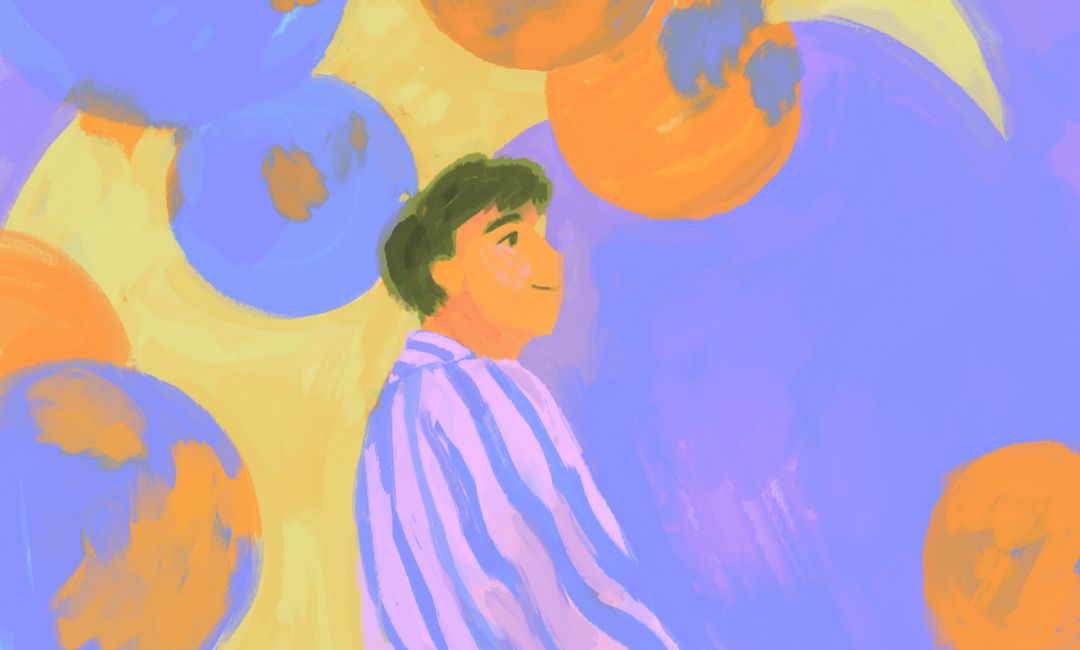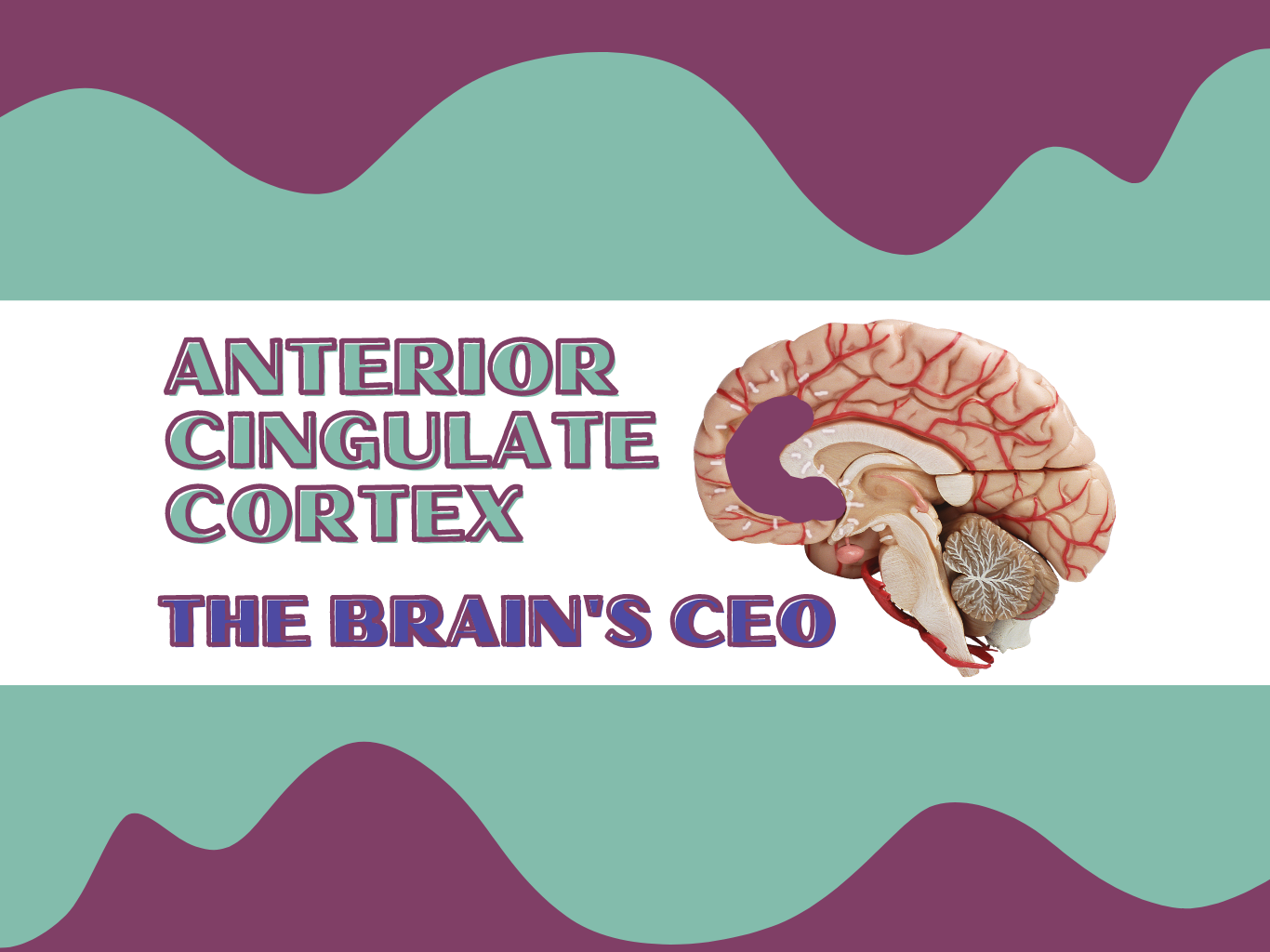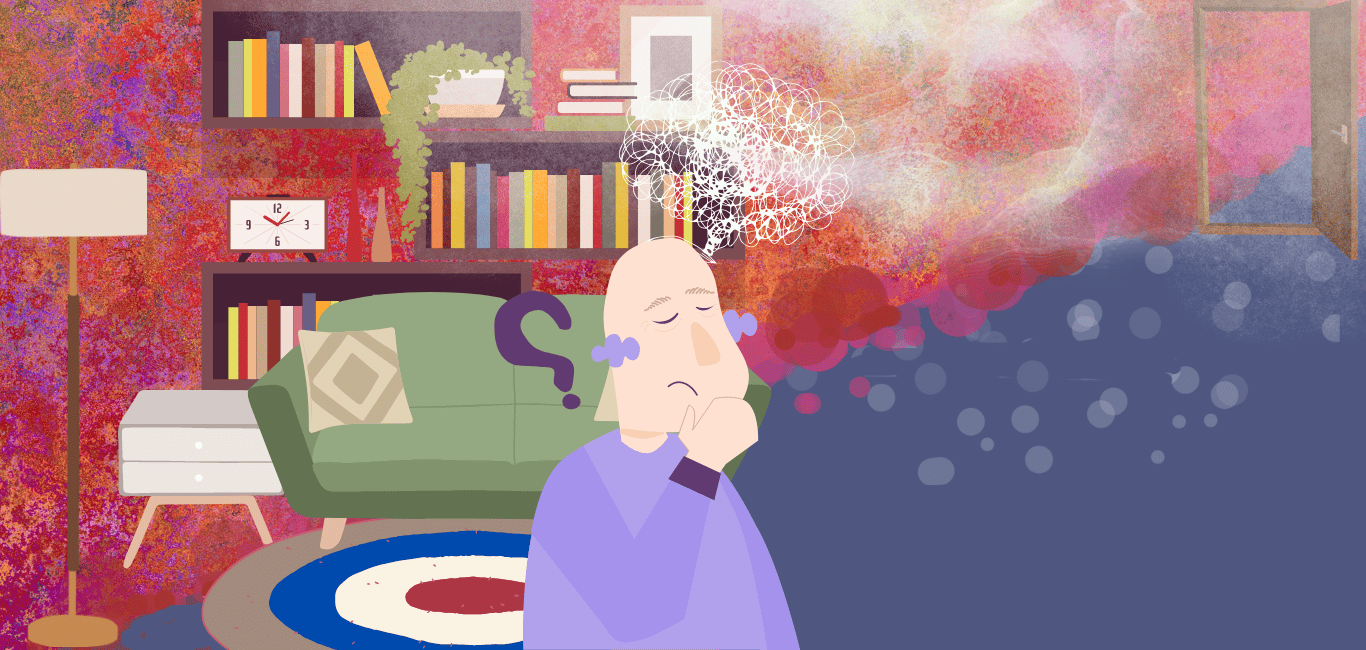
At a time when newspapers and magazines were commonplace on tea tables of homes, someone or the other there would be diligently solving the day’s crossword puzzle. The grid of tiny black and white squares with tiny numbers prodded the person’s mental muscles for the right word. In recent years, it was likewise with the numbers puzzle, Sudoku.
Science reveals that these simple mental habits if indulged in routinely, have far-reaching benefits. They keep dementia and age-related memory loss at bay. Testimony to it is Commodore P I Oommen (retired), who keeps himself mentally agile at 92.
The former naval officer has been obsessed with crosswords since 1955. He recalls that an English doctor introduced him to the Times crossword when he was 24. Since then, there has been no turning back. A loyalist to the daily crosswords and other puzzles, Cmde Oomen has never missed a day with these habits.
“I do anything that keeps my mind active; most of the time, it is unintentional. I do what interests me, like watching videos on history and technology,” he says.
Mental, leisure activities count
With advancing years, many face memory loss and a slowing of cognitive abilities and face an increased risk of developing dementia. Multiple studies examined whether lifestyle factors, exercise, food and social life also add to the mix of protective factors against the debilitating neurological condition.
Read more: Increased inflammation over a long period may cause dementia
Dr Joanne Ryan from Monash University, Australia, was curious to know if hobbies and brain games like chess and crosswords improved brain health and if they shielded the brain from dementia.
She investigated whether mental acuity and leisure activities decreased the risk of dementia. Studying a group of 10,318 Australians aged 70, she found that people who indulged in mentally challenging activities like puzzles, learning new skills and maintaining a journal were 9 to 11 per cent less likely to develop dementia over the next 10 years.
Hobbies like knitting, crafts, painting and passive reading decreased the risk by 7 per cent.
The cognitive reserve
Does picking up a hobby in later years help, especially with dementia? Dr Prashanth LK, a neurologist from Parkinson’s Disease and Movement Disorders Clinic, Bengaluru, advises against it. He says, “Learning something new after dementia can be detrimental to the person, as it stresses the brain.”
The key here is to create what is called cognitive reserve. “When a person’s cognitive reserve is there, these activities can strengthen their neural networks. What seems to be inherent is the cognitive reserve that [people] possess as they age,” says Dr Prashanth.
He explains that those who engage in multiple mental activities (learning a new language or a subject) or involve their mind in cognitive abilities like problem-solving, art or pattern recognition have a lower risk of getting dementia.
“[This would] technically mean their brains were better [equipped] and would have slower neurodegeneration, which would be either [due to] genetic or epigenetic factors,” he adds.
Dr Ryan of Australia says indulging in mental activities can build reserves of healthy brain cells and connections. “This could enable the brain to adapt [itself] and help resist changes, even if there is some early disease or brain atrophy,” she says.
By doing a puzzle, learning something new or playing a game, a person keeps the neural network firing and fresh. When these are fired, synapses (communication junctions between neurons) are buzzing. Learning something new wakes up other neurons, enabling the plasticity of the brain. Neurotransmitters and molecules like BDNF (brain-derived neurotrophic factor) that are vital to keeping the brain healthy are active.
Adequate brain reserve could be the secret of Cmde Oomen’s mental agility.
The social aspect of hobbies
While mental and leisure activities seem good tools to stave off dementia, one cannot ignore lifestyle habits and social aspects. Even though Dr Ryan’s study did not look into interpersonal relationships, she notes, “The strongest associations we found were with mental activities, but many of these activities are done with other people, and thus also have a component of social interactions.”
Another study showed a 30 to 50 per cent lower risk of dementia in participants who engaged in social activities in their mid-to-later years. Based on such studies, quiz time with family and friends or chess games offer scope to delay dementia.
Dr Prashanth says that when family and friends engage seniors in conversations or help them learn technology, they keep their minds active. For example, he says, “Learning to use the computer, especially along with someone, helps them.”
Read more: Play the music – it’s good for ageing brains, too
Cmde Oommen keeps himself updated about the latest technology, avidly sharing texts and video links of interesting and educative topics with online groups and friends.
A holistic way to active minds
He has had heart stents implanted, but his lifestyle of a conscious diet and exercise without smoking and alcohol has sustained his health.
“Throughout my life, I maintained myself through exercise, food and [made efforts to be] mentally active. It comes down to lifestyle,” he says.
Read more: D for dementia: vitamin D could stave off dementia, finds study
Dr Prashanth and Dr Ryan agree with a growing body of research that underlines one point — the ageing brain remains healthy when mental activity is supported by a healthy lifestyle.
“If you are still able to learn newer things and have problem-solving abilities, you might have a slower rate of brain degeneration against others of similar age,” emphasises Dr Prashanth.

















